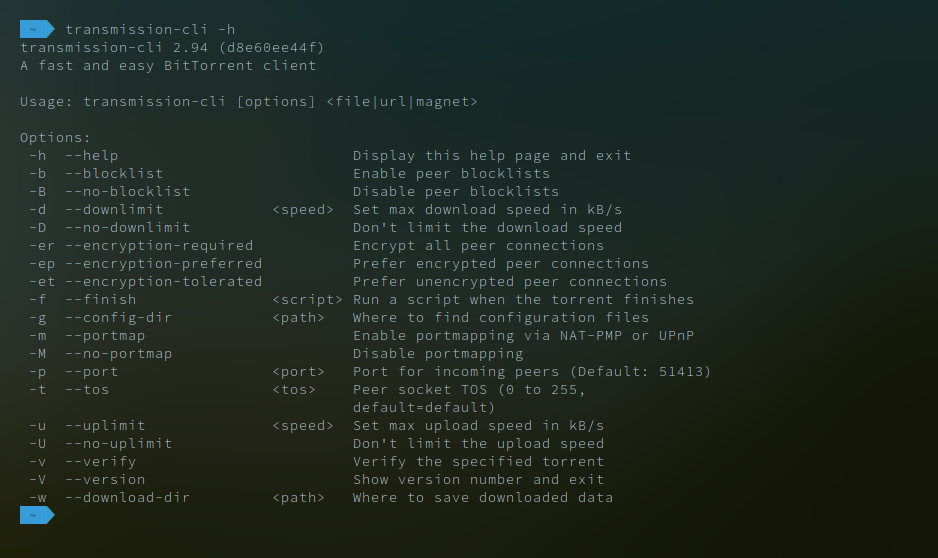My latest IP Osgoode post is up. In it I discuss the difference between what consumers expect when they buy digital content or a network connected device and reality. This post expands and clarifies that article.
Most people, I believe, think of all their physical possessions similarly. There is no difference between a couch and a novel as far as ownership goes. The incidents of ownership are the same: you possess the object; nobody can take it from you without permission; you can dispose of it as you please. There is, however, one significant difference between the two: the novel is a copy of a work in which the author retains rights. But physics isolates the consumer from this fact. They have a single copy and will probably never have more than a single copy. If they sell that copy, then they lose it at the very instant another person gains it. As long as the consumer treats the book as an ordinary possession, they will never have to think about IP rights. For most practical purposes, therefore, all physical possessions can be treated the same.
With digital content, however, all this changes. Rather than being given a physical object, consumers are granted a license to use the work in certain ways. This license will, at the very least, allow the consumer to possess and access copies of the work for personal enjoyment. Note that I said copies in plural. With a physical object, the owner has a single copy. The fact that they own a copy of Cryptonomicon (great book) does not give them the right to possess just any copy; it has to be that specific one. With digital content, however, you can have as many copies of the work as you want. In fact, if you buy a song from iTunes you will be told that it is your responsibility to make copies. And it shouldn’t matter where your copy comes from. If Alice and Bob both buy a song from iTunes and Bob’s hard drive crashes, then Bob should be able to just obtain a copy from Alice (at least in theory). In a real life example, if a user deletes a book from an Amazon Kindle (or lose the device), Amazon will let them download a new copy for free. This doesn’t happen with hardcover books; Bob can’t photocopy Alice’s copy of Cryptonomicon and Chapters won’t give him a new copy for less than the cover price.
In this fashion, licensing sounds pretty good. But it can give rise to strange circumstances that dealing in the physical world would not lead one to expect. Last month, Amazon remotely deleted two books from Kindle e-book readers when they learned that they did not have the right to sell the book. It sounds weird but consumers who purchased the book from Amazon didn’t purchase anything and Amazon did not take anything from them when they deleted the book; Amazon can’t give what they don’t have. Nobody would expect an employee from Chapters to come to their house and take back a hardcover book if it turned out to be counterfeit. There’s the practical difficulties, of course, but there’s also a physical item which the consumer owns. The consumer would be well within their rights to refuse to hand it over. In the case of an e-book, however, there is no interest in anything other than the license. The consumer may have other causes to complain, but they cannot claim that they had any right to keep their copy of the e-book.
The Amazon issue leads us away from ownership of digital content and into a related (and even more problematic) issue: ownership of network-connected devices. Unlike an MP3 or an e-book, the Kindle is an actual physical thing. Traditionally, consumers don’t expect manufacturers to interfere with their physical possessions after sale. Connected devices, however, routinely phone home for updates and content. This is very valuable behaviour but it isn’t always used to enhance the device. It can be used, for example, to remove the ability to skip commercials from a PVR; to block websites on a smartphone; or delete books from a Kindle. What this means is that, for better or for worse, the device someone buys is not in their own control. Why would a company want to downgrade a device? I think the best reason is to avoid liability. They have sold a device (or, in Amazon’s case, content) that has a defect of some kind and don’t want to be sued. The problem with this is that it shifts the burden of the company’s mistakes onto its customers. Amazon could have refused to delete the books but they would have been sued. Instead, they saved themselves by depriving others—although they did refund the purchase price.
That said, I don’t think that forbidding such practices is the way to go. It could very easily end up banning a lot that is useful about network-connected devices. I also think that over time an etiquette will develop over when such action is permissible and what compensation is required. Partially this will be regulatory, but the market will help define what people are willing to put up with. And I actually think that in Amazon’s case, it is defensible. If Alice sells Bob a stolen car, Bob can’t reasonably expect to keep it. Likewise with the example I used in my article of a defective reclining chair. It’s better to lose a function than a leg. Maybe companies should have to offer to buy back devices that they downgrade or offer a reasonable monetary payment.
I don’t think that we should try to force new forms of property into awkward physical molds (the music industry tried that with DRM and look where it got them). A balance has to be struck between the surety of the old ways and the flexibility of the new.


Recent Comments